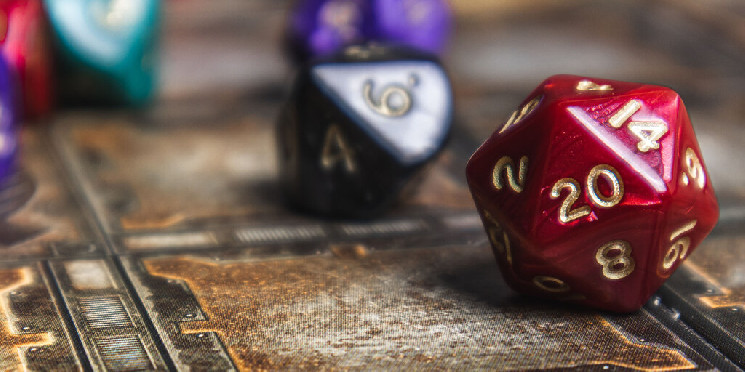Wizards of the Coast, publisher of the popular Dungeons & Dragons (D&D) role playing game, acknowledged on Saturday that one of its hired artists had used artificial intelligence in creating imagery included in one of its upcoming books, and said updated guidelines are coming.
The Hasbro-owned company said on Twitter that it had reached out to Ilya Shkipin, a California-based artist with whom they had previously worked, and reached an understanding that will apply to other contributors going forward.
“He will not use AI for Wizards’ work moving forward,” D&D said. “Artists must refrain from using AI art generation as part of their creation process for developing D&D art.”
The 34-year-old painter had used AI technology to develop illustrations commissioned for the forthcoming D&D sourcebook “Bigby Presents: Glory of the Giants!”
Shkipin holds a BFA in Illustration from the Academy of Art in San Francisco. He is also a singer and a bass player in an experimental indie-rock band called The Laytcomers.
Wizards of the Coast said it was not aware of the artist’s use of AI, suggesting that the tabletop-gaming giant may have put its foot down before. The discovery comes less than two weeks before the release of the book, filled with maps, classes, and monsters.
Hasbro Flirts With AI as Dungeons & Dragons Game Sites Push Back
Since its inception 1974, artistic depictions of spells, monsters, and mystical settings have fleshed out materials used to play D&D. As AI artwork becomes more prolific, however, Wizards of the Coast’s decision raises questions about where the technology fits into artists’ toolboxes, both culturally and commercially.
In a now-deleted Tweet, Shkipin defended his use of AI technology, describing it as part of his greater artistic process. He said it was used for “certain details or polish and editing” as opposed to generating images from the ground up, as documented by Gizmodo.
Shkipin included images to show how AI played a marginal role. He later said on Twitter that the post was deleted because the illustrations in question “are going to be reworked.”
Deleted previous post as the future of today illustrations is being discussed.
— Ilya | SuperRare (@i_shkipin) August 5, 2023
Aside from working with D&D since 2014, Shkipin has crafted digital artwork sold on the NFT marketplace SuperRare. Several artworks listed for sale on his page say AI was used to add animation or augment style in their descriptions.
Human Artists Lose Ground in Legal Battle Against AI
AI models used for generating artwork, such as Stable Diffusion, have had a thorny reception because of how images are made. Because they have been trained on existing images, including the artwork of others, plagiarism and copyright claims have tinged the use of AI models among artists with a degree of controversy.
Greg Rutkowski, an artist known for producing some of D&D’s most iconic art, has been an outspoken critic of AI art. At one point, his style was emulated more than Picasso and Leonardo Da Vincil using Stable Diffusion.
The Stable Diffusion creator, Stability AI, even limited users’ ability to emulate Rutkowski in an updated version of its software—only for models emulating Rutkowski’s style to crop up elsewhere, like heads on a hydra.
Within the NFT space, generative art has become a celebrated genre and commonplace. Pieces from Fidenza, a generative art series created by Tyler Hobbs, have sold for millions of dollars. And Dmitri Cherniak’s Ringers #879, a.k.a. “The Goose,” sold for over $6.2 at a Sotheby’s auction in June.
Dungeons & Dragons Reverses Course on NFT Ban Amid Backlash
Wizards of the Coast has ruled out NFT technology in the past, even though Hasbro has offered several NFTs itself.
Earlier this year, Wizards of the Coast announced changes to a D&D-related game license that would impact how creators making derivative works are compensated. After it sparked backlash, D&D made modifications but kept language banning NFTs.
Eventually, the changes were scrapped altogether, and D&D placed intellectual property under a creative commons license to appease fans. Still, it was another recent flashpoint that showcased friction between the table-top hit’s publisher and emerging technology.









